
Are We Living in a Simulation?
5 September, 2023
What is reality? This age-old question has sparked various theories throughout history, ranging from scientific to mystical explanations. One intriguing idea suggests that our reality might be a computer simulation, where every aspect of our lives, from work to love, is simulated.
Nick Bostrom's Simulation Theory
Known as the Simulation Hypothesis, this concept proposes that our reality could be a computer-generated simulation created by a more advanced civilization. Nick Bostrom, a philosopher at the University of Oxford, formulated the Simulation Argument in 2003, consisting of three key propositions:
- Rare Advancement. Few civilizations reach a stage where they can run ancestor simulations.
- Lack of Interest. Even fewer advanced civilizations would be interested in creating such simulations.
- We Are Simulated. If simulations are possible and civilizations tend not to self-destruct, the chances are high that we are living in a simulation.
This theory raises the possibility that our reality may not be physical but a computer-generated construct.
Scientific Debate
The Simulation Hypothesis has sparked debates among scientists, philosophers, and the public. Some find it thought-provoking, while others dismiss it as speculative and untestable. This concept also brings up questions about consciousness, the purpose of the simulation, and ethical considerations surrounding simulation creation.
Fermi Paradox
Could the Simulation Hypothesis explain the Fermi Paradox? Enrico Fermi questioned why, in a vast universe teeming with galaxies, we've never detected signals from other intelligent civilizations. If advanced civilizations exist, they could easily send signals across the galaxy, yet we observe silence.
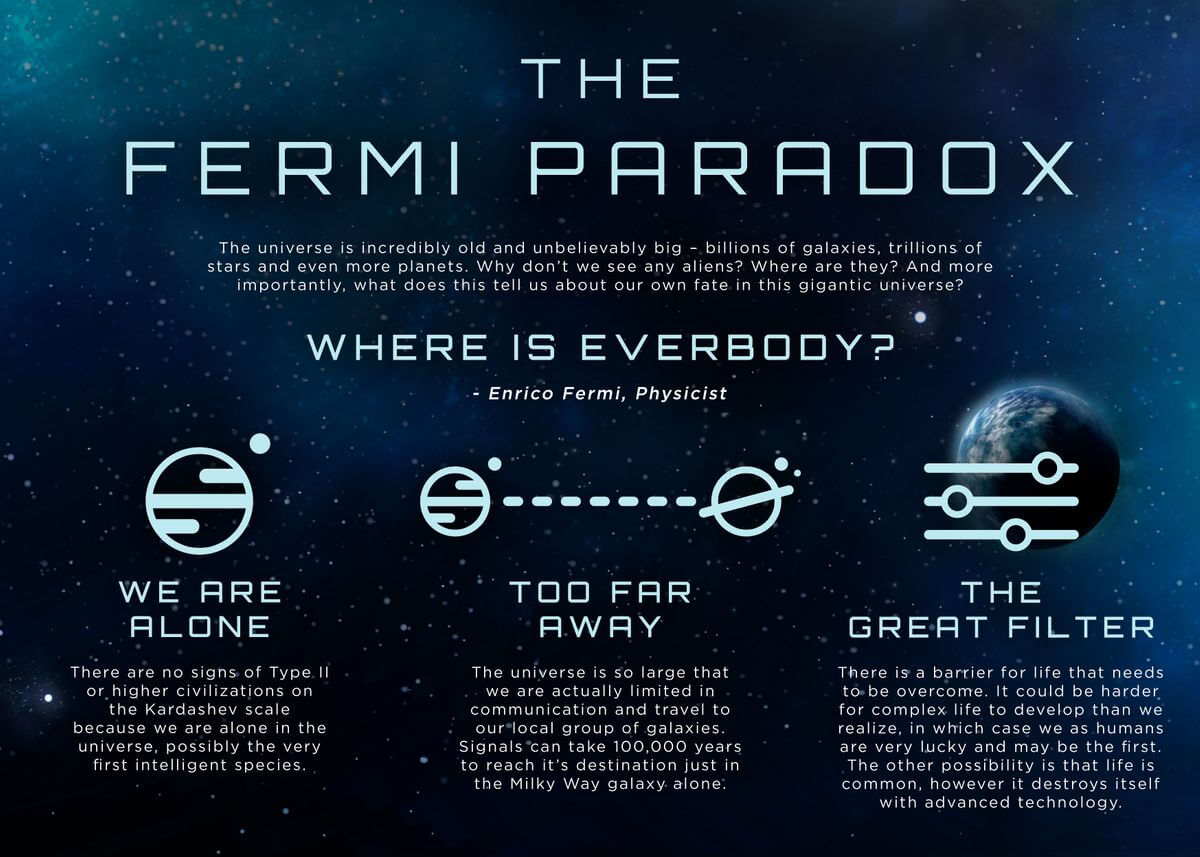
One explanation could be that we're under some form of quarantine until we mature as a civilization. However, it's improbable that all civilizations would follow such a rule for billions of years. Another theory is that the emergence of superintelligence leads to extinction, but this raises the question of why superintelligences always go extinct.
The Dark Forest scenario suggests that civilizations stay silent due to fear of malevolent actors. Yet, in a vast population of intelligences, there would likely be those who break the silence. Other civilizations might send signals as they face extinction, seeking acknowledgment or assistance.
Elon Musk's Simulation Belief
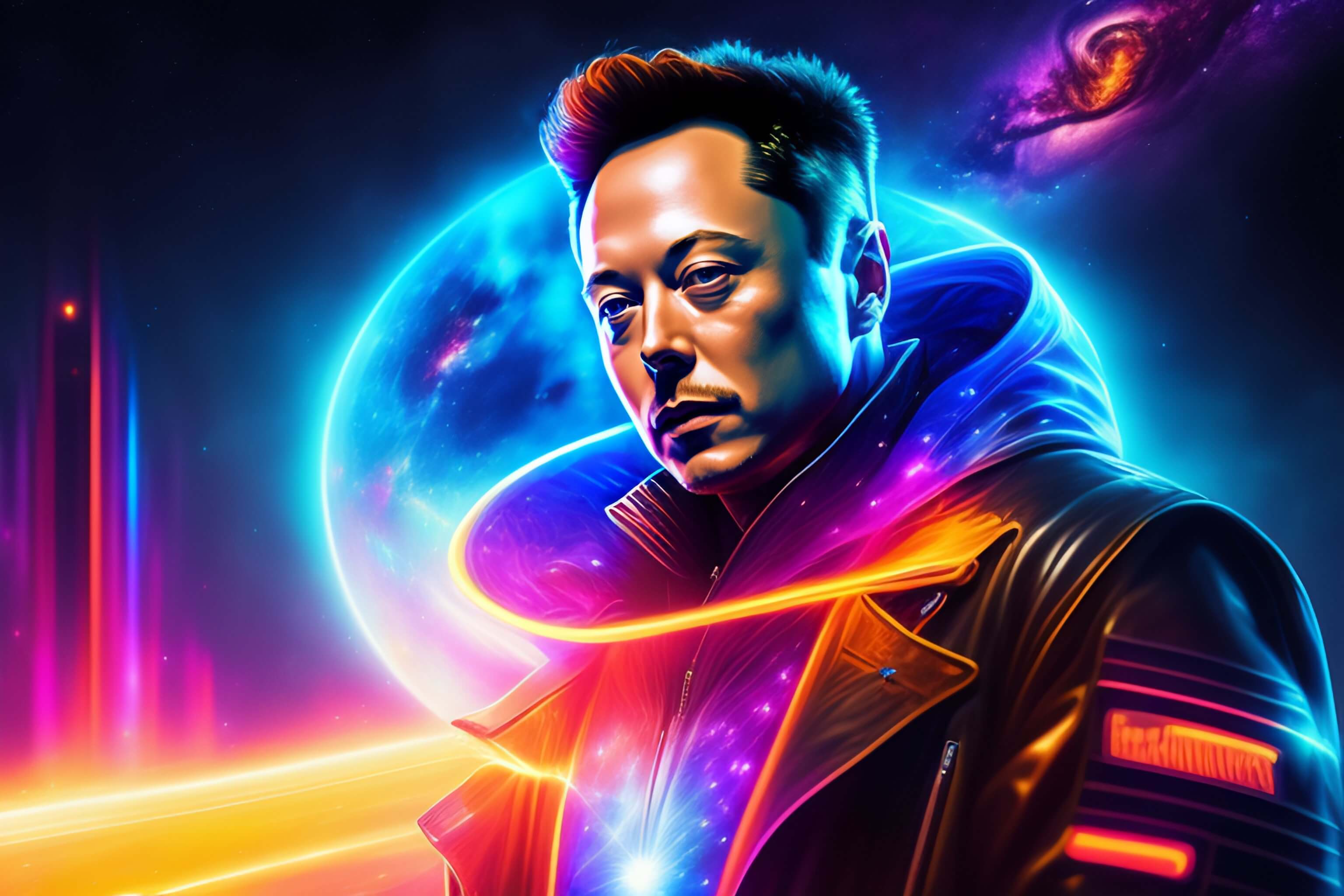
Elon Musk subscribes to Nick Bostrom's simulation hypothesis, suggesting that as technology advances and we create realistic simulations of reality, the probability of living in a simulation increases.
Musk points to the rapid evolution of video games, stating that they are on a trajectory toward becoming indistinguishable from reality. He argues that, statistically, we are more likely to exist in a simulated reality, given the potential for countless simulations to exist.
Universe Laws Resemble Videogame Rules
MIT cosmologist Max Tegmark proposes that the strict mathematical laws governing our universe could be evidence that we exist in a video game. In this theory, the speed of light represents the maximum information transmission speed within our simulation, akin to a speed limit in a video game.

The "Bricks" of Our Matrix
Simulation proponents suggest that the Planck length, a tiny scale where our understanding of gravity and spacetime breaks down, could be the pixel-sized building block of our simulated universe. If our world is indeed a simulation, the Planck length may equate to a single bit of information, similar to a pixel.
The Challenge of Disproving Simulation
It might be more feasible to prove that we live in a simulation than to prove the opposite. Nuclear physicist Zohreh Davoudi theorizes that cosmic rays, the most energetic particles, could appear as pixel-like chunks in a simulation and as unending beams in base reality.
NYU philosopher David Chalmers, on the other hand, questions the possibility of proving that we don't live in a simulation because any evidence we gather could potentially be part of the simulation itself.
Advancements in Simulation Technology
Our capacity to create simulations has grown significantly. In 2014, the Harvard-Smithsonian Centre for Astrophysics crafted a vast 350 million light-year simulation of the universe using 8,000 computers. Additionally, popular video games like "The Sims," with over 125 million copies sold, indicate our interest in simulations. Future generations may continue to develop more realistic simulations, further blurring the lines between reality and simulation.
The Matrix and Simulation Theory
Artificial Reality and Human Minds
In the movie The Matrix, simulation theory takes center stage, portraying a post-apocalyptic world where machines have enslaved humanity, trapping their minds within an artificial reality known as "the Matrix."

The machines use human body heat and electrochemical energy, while the oblivious humans live out their daily lives within this simulated world. The key to maintaining this illusion is a cable connected to their neocortices, feeding signals into their brains and monitoring their responses.
Real-World Implications
In our reality, one approach to achieving a Matrix-like scenario, according to futurist Rizwan Virk, involves gaining a deeper understanding of human consciousness to create "conscious AI."
Alternatively, Virk suggests tricking human consciousness into perceiving a video game as reality, with non-player characters exhibiting human-like intelligence that passes the Turing Test. This concept may not be as distant as it sounds, potentially aided by quantum computing advancements.
The Programmer of the Simulation
Building upon Nick Bostrom's simulation argument, philosophers like David Chalmers propose that if we indeed exist within a hyper-realistic simulation, the entity responsible for it could be considered a "programmer in the next universe up." This being might not fit traditional notions of a god but could possess omniscience and omnipotence in relation to our world. It's a mind-boggling idea that challenges our understanding of existence.
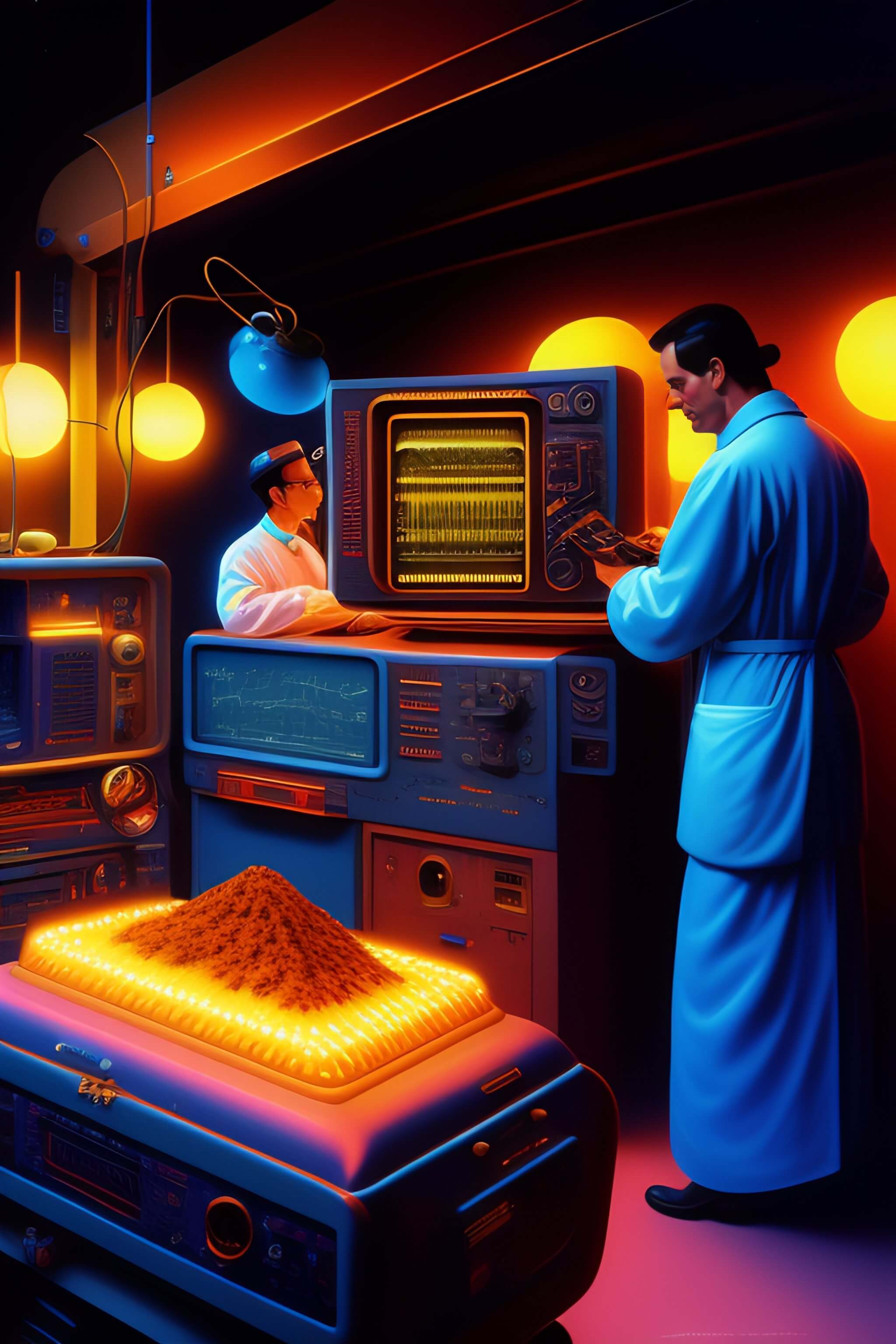
The Purpose of Our Simulation
If we are, in fact, living in a simulation, the purpose behind it remains a mystery.
Some speculate that the simulation's goal might be to discover the best method for creating superintelligence. The timing of our existence, in this scenario, becomes significant, with the odds of being born at this precise moment in history being minuscule.
Perhaps the simulators are only interested in modeling this particular era as it pertains to the creation of superintelligence, leaving the rest of time and space painted in a simulated backdrop.
In conclusion, the intersection of The Matrix and simulation theory raises profound questions about the nature of reality, the potential existence of higher beings or programmers, and the purpose behind our simulated existence, if indeed we live in one.
Arguments Against Simulation Theory
Plenty of Skeptics
While simulation theory offers a fascinating perspective, it has its fair share of skeptics. In a 2016 discussion at the Isaac Asimov Panel Debate, distinguished experts including philosopher David Chalmers, astronomer Neil deGrasse Tyson, physicist Zohreh Davoudi, and physicist Lisa Randall debated the topic. She questioned the probability of highly advanced beings simulating humanity, given our self-centered nature. Randall argued that our focus on ourselves and the destructive impact of human development on the natural world made it unlikely that we would be chosen for such an experiment.
Are There Limits to Computing Power?
Astronomer Martin Rees, while intrigued by simulation theory, raised questions about the boundaries of computing power. He pondered whether there are limits to what supercomputers could simulate and what future advancements might bring. As processing power continues to evolve, scientists might explore realms beyond our current comprehension.
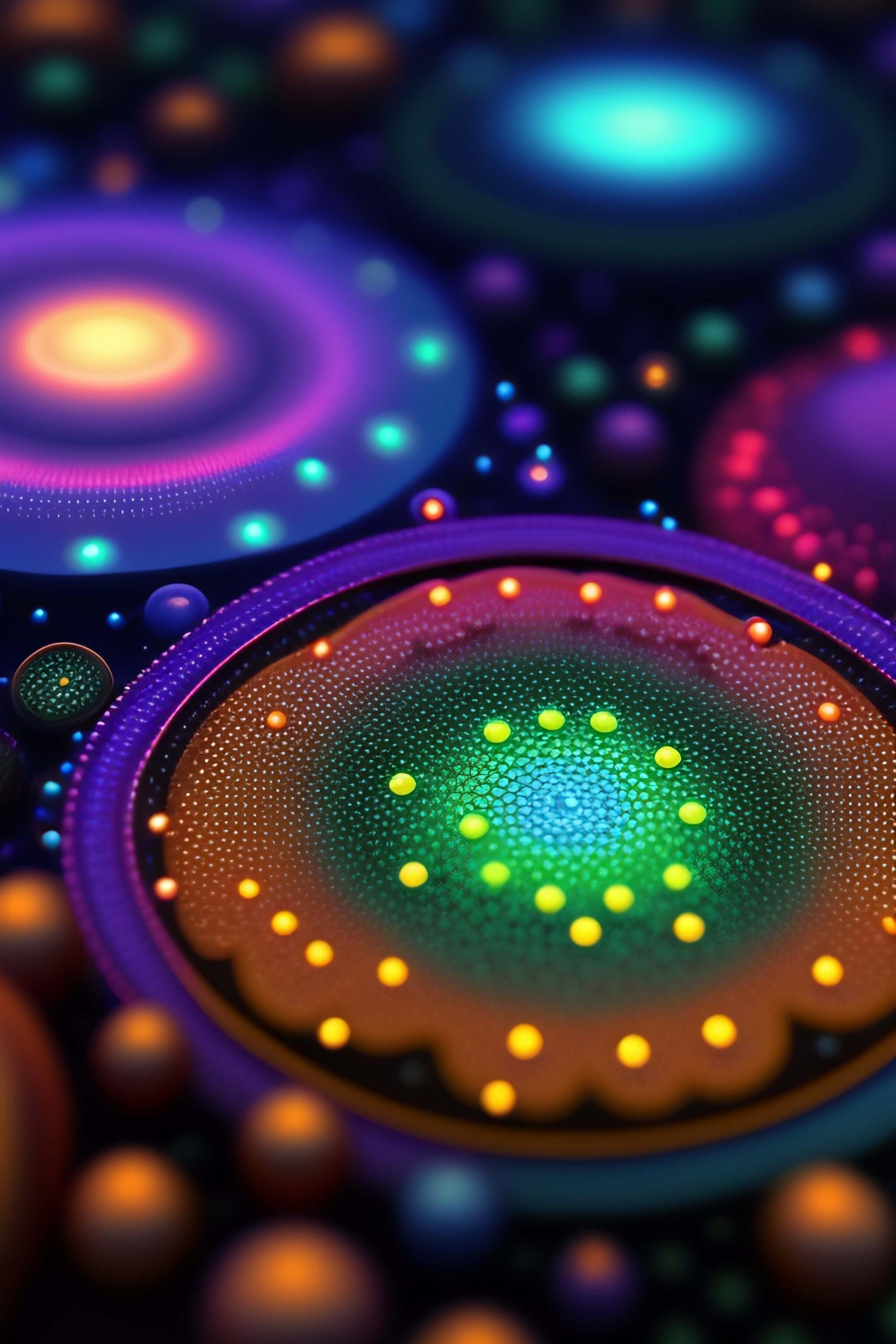
Simulation Scenarios Within Scenarios
Cosmologist Paul Davies has explored simulation scenarios extensively over the years. He highlighted the idea that simulations can nest within simulations ad infinitum. This concept implies that the 'real' multiverse could give rise to an even greater number of virtual multiverses, creating a complex web of simulated realities.
Why Simulation Theory Matters
You might wonder why all of this is significant. Why does it matter whether we live in a simulation or not? The answer lies in the pursuit of truth and knowledge, a fundamental goal of science.
If our existence resembles a video game with quests and achievements, knowing the nature of this game could help us navigate it more effectively and improve our chances of survival and success. Understanding our reality, whether real or simulated, holds the potential to shape our actions and decisions in a profound way.
If our existence resembles a complex game, demanding quests for survival and success, understanding the rules could mean everything.
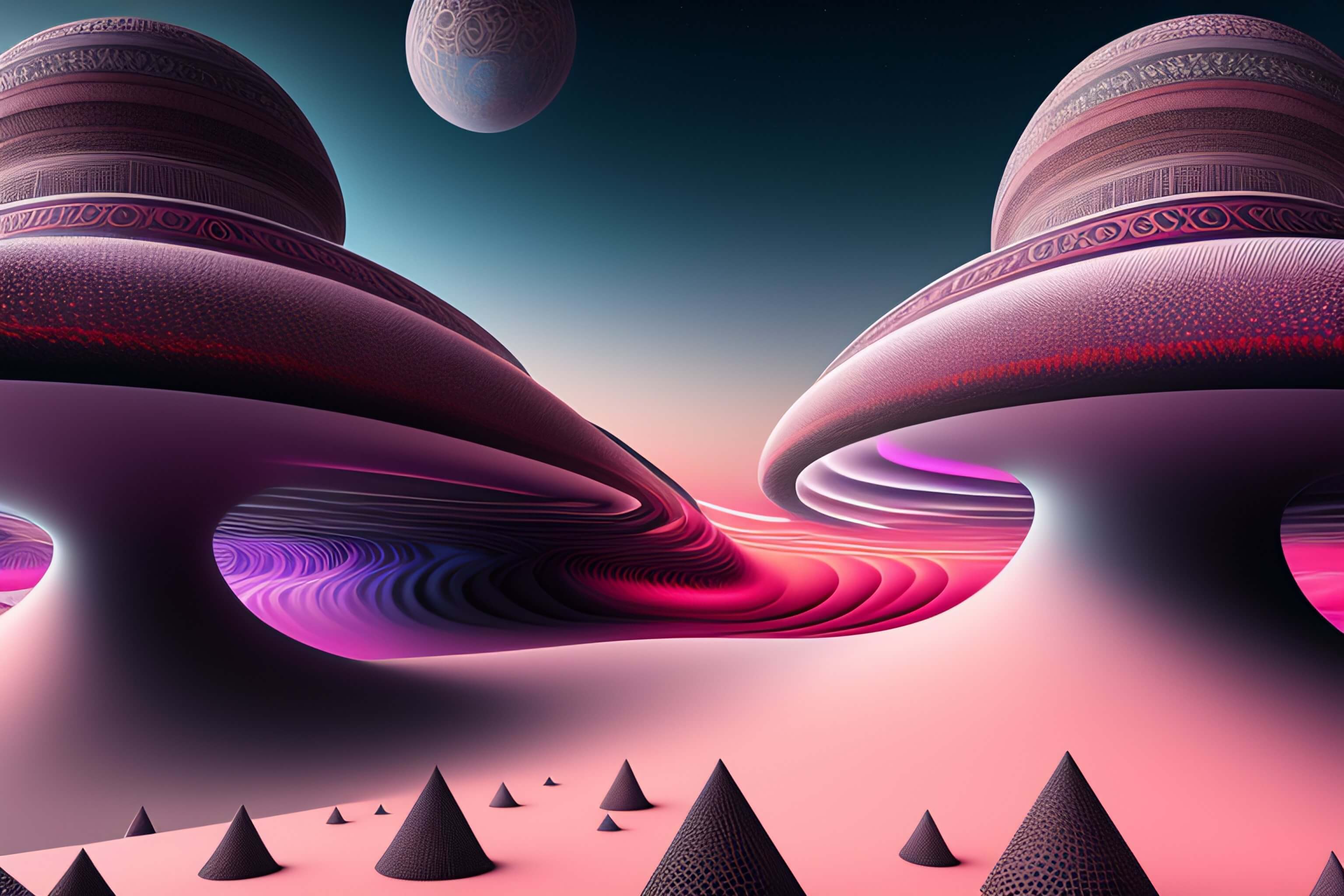
The quest for truth remains paramount, regardless of whether we are pawns in a cosmic experiment or masters of our own destiny.